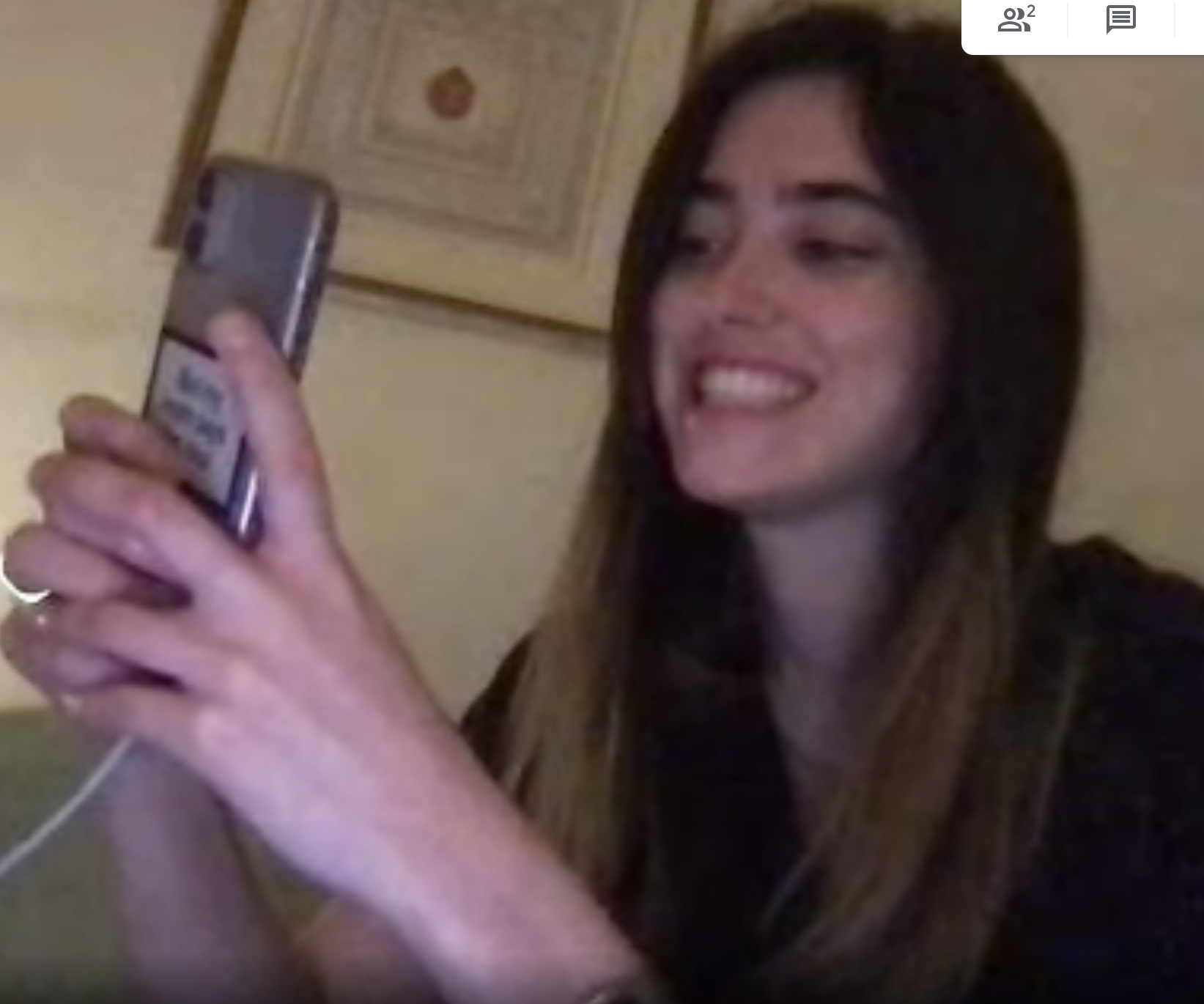Zero Knowledge Properties
For ZK to prove knowledge and solve a problem, it must meet the following requirements[7]:
Completeness
If the prover P and the verifier V comply strictly with every step of the process, without variations. The proof will be considered successful and the credibility of P will be undeniable.
Rationality
If the proof calculations fail once during the N times of verification, the proof will be disregarded and verification will fail, V deeming P as unreliable.
Zero-knowledge
During the verification process, V will neglect any private or important information, especially one directly linked to the knowledge. The only information V can have is the belief that P has it. Even though V would verify repeatedly, V cannot prove the existing fact to others.
Types Of Knowledge Proofs
While we cover the principles of Zero Proofs, there are 2 key types of ZK:
Interactive Zero-Knowledge Proof
In this type of system, a prover needs to perform a series of actions under the mechanism of mathematical probability ro convince the verifier of the fact that is being questioned. Similar to the example seen in Zero Knowledge Protocol, Properties’s Figure 1.
However there is another type of ZK, which is Non-Interactive.
Non-Interactive Zero Knowledge Proof
As hinted in the name, Non-interactive ZK proof does not require a Prover to interact in the process. This means the prover can generate all the challenges at once, and the verifier can respond afterwards. This has some benefits, like restricting the possibilities of collisions. It does require more processing power, as it needs additional machines and software to find out the sequence of experiments that the prover has carried. It would be if, in our example in Figure 1, V asked P for a series of objects, and P grabbed them all and sent it by post, in a secret order where it described it on arrival to V, and V had to verify all these objects on a single batch, in the order previously mentioned[7].
Head over to Zero Knowledge Applications and check out some potential applications of this protocol. Exiting!
References
[7]Bhardwaj, C., 2021. What is Zero-Knowledge Proof & its Role in the Blockchain World?. [online] Appinventiv. Available at: https://appinventiv.com/blog/zero-knowledge-proof-blockchain/
